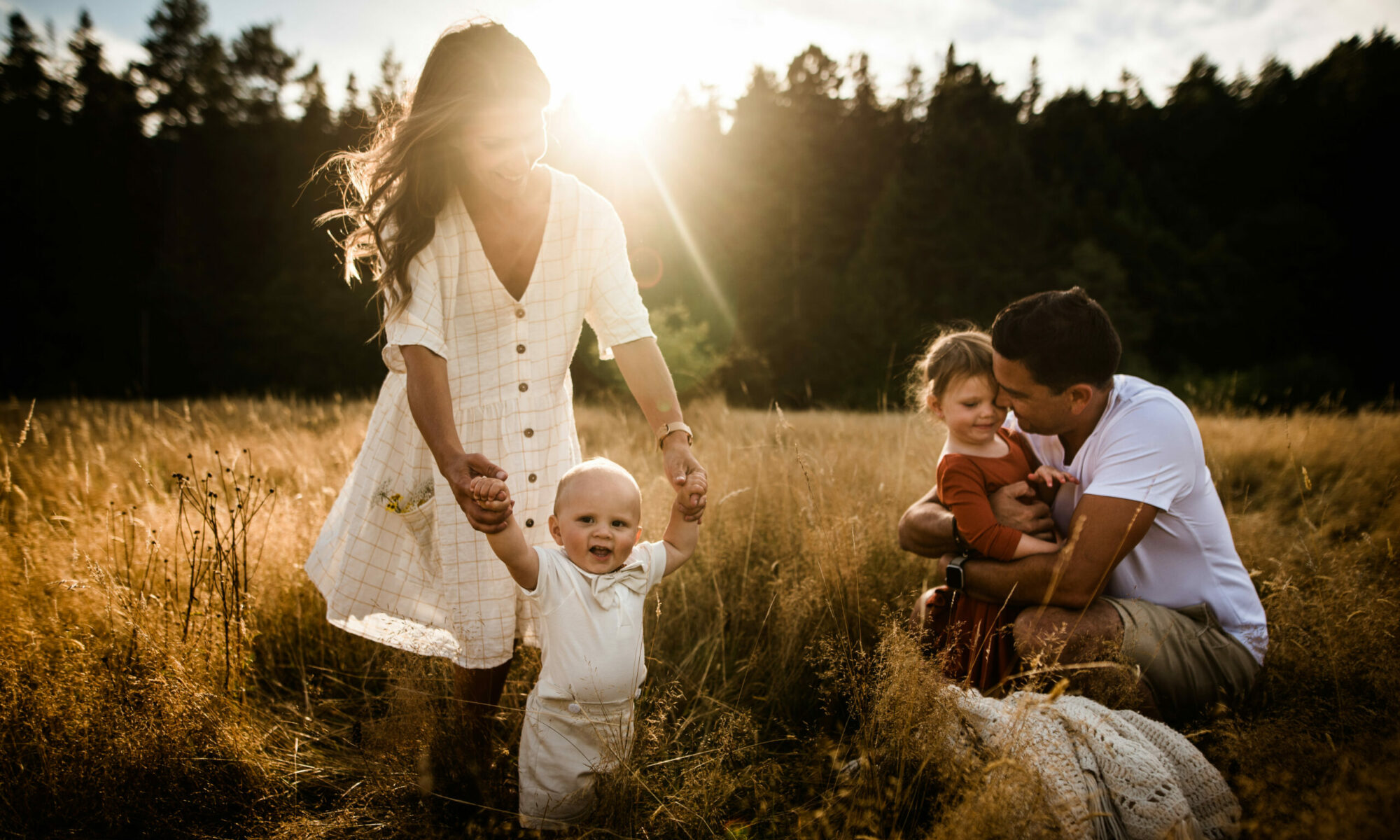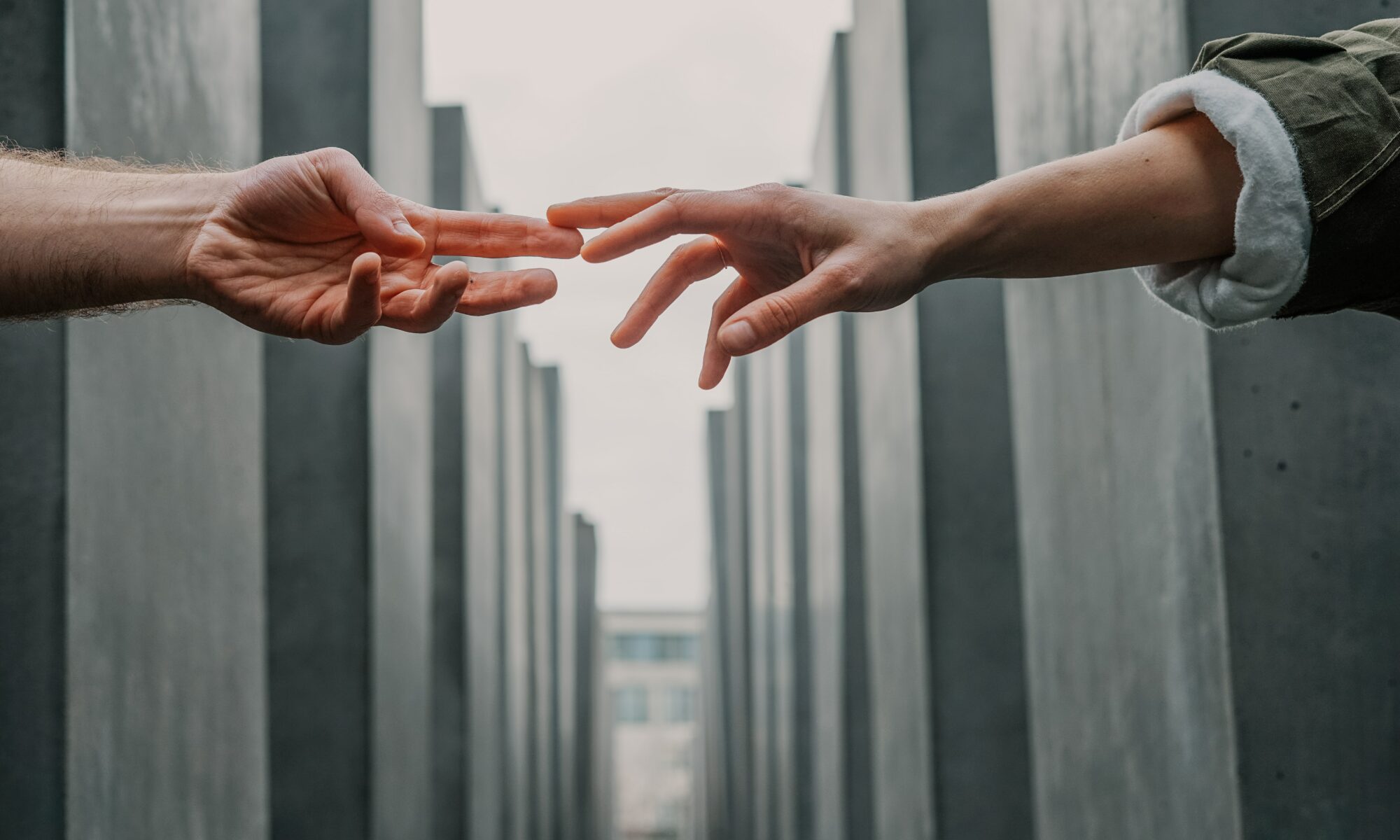What does it mean to network using social media?
Networking is the exchange of information and ideas among people with similar interests or professions. It is the process of finding information, knowledge and skills, as well as sharing them. Therefore, networking through social media is the use of multi online/offline platforms and technology as a means to connect with like minded people in order to learn from and participate with them. Using social media allows people to “gather, connect, communicate, create and also share knowledge and experience with a group of connected people, anywhere at anytime.” (Gutierrez, Karla, 2016). Therefore, networking using social media allows people to learn form a wider range of people, over a range of time zones, from the comfort of their homes. Networking using social media means more access to what there is to be learned, as well as to potential collaborators. It is a way to build community with people of your choice.
How are we motivated to participate in networked publics?
People are motivated to participate in networked publics since “your network allows you to find appropriate, constant support when the need arises,” (Rajagopal, Kamakshi, et al. 2011) as well as “can be used as a means to continuously support professionals’ life-long learning in practice.” (Rajagopal, Kamakshi, et al. 2011) In other words, in your personal or professional life, when a question arises, networked publics can be a quick and easy way to inquire about, and find answers to, those questions in a way in which you feel most comfortable with or ready for. For example, you may choose to have very weak, weak or strong ties in your public networks depending on your main goal or present need. Your weak ties allow you to learn new information quickly and without much interaction with the tie and your strong ties may allow you to collaborate and create with a like minded professional. Either way, you have choice in how you want to interact and will be supported by them according to your own needs.
What are the risks & rewards of public communications?
As mentioned above, public communications can bring about collaboration, learning, supportive social spaces and professional possibilities. Public communications create conversations and dialogue, “where tactic knowledge is built through experience and reflection and [is] shared”(Rajagopal, Kamakshi, et al. 2011)Therefore, these public communications create and facilitate valuable life-long learning.
Although there are many rewards of public communications, there always comes risk, even with the ever changing securities or attempts to control what is posted. No matter how much control one thinks they may have, there is space for that control to be lost. For example, sometimes, “what we share about ourselves tells heaps about other people.” (Boyd, Danah. 2012). When sharing information about others it is vital to have permission or consent, however in many cases a person can post an image of themselves, yet with others in the background. There is no release granted and yet still allowed to go public. Another risk presents itself in the form of corporations who collect and sell users data for marketing purposes from algorithms that, “construct portraits of individuals based on others’ habits”(Boyd, Danah. 2012).These companies can then build an image of you based on yours and others’ online habits having potential impacts on what you purchase or on your views of the world. The worst part is that many users do not recognize that this is even occurring. Great examples are laid out in the documentary, “Social Dilemma” directed by Jeff Orlowski and written by Orlowski, Davis Coombe, and Vickie Curtis.
References:
Gutierrez, Karla. What Are Personal Learning Networks?, 21 June 2016, www.shiftelearning.com/blog/personal-learning-networks.
Rajagopal, Kamakshi, et al. “Understanding personal learning networks: Their structure, content and the networking skills needed to optimally use them.” First Monday (2012). Web.
Boyd, Danah. “Networked Privacy.” Surveillance & Society, 12 Dec. 2012, ojs.library.queensu.ca/index.php/surveillance-and-society/article/view/networked.


Awesome first blog Jayne! I’ll send you some notes.
I enjoyed that you pointed out that networking can occur offline as well! I have forgotten what that’s like!!
I agree with the idea that your choice in how one chooses to interact with one’s network influences the support received by the network. Something in relation to this topic that I am curious about is how once we have built a suitable network, we would be able to best take advantage of our connections and whether having more strong ties would be more beneficial or whether a combination of various types contributes more to learning and professional development?
Great documentary recommendation! I will have to eventually check that out.
Hi, Jayne! I agree with your opinion that the networked public allows people to communicate and share ideas quickly, and people are allowed to build their community effectively. However, lacking the policy to regulate online privacy issues such as portrait disclosure should be improved in the future.
Hi Yi Yan,
Thank you for your comment. Regulation of online privacy such as portrait disclosure does need to improve and in my opinion, always is being improved.
It can be scary to think about what breaches can happen online or while using/ creating a digital identity and how one can be exploited. However, while watching the video, “The Value of Digital Identity for the Global Economy and Society” (https://youtu.be/1-V7lyxrOmw) which is assigned for the following blog post, I became aware that there are people who are having in depth discussions over these possible privacy breaches and that they are trying to tackle these problems on a daily basis. There is a lot of conversation over trust, transparency and data security. Mary Snapp mentions that, while developing tech we need, ” Ethicists, philosophers and historians to insure that as the tech is developed it is developed in a way we can ensure ethical use” (Davos, 2012). Therefore, it is also important to remember that there are people out there who are trying to tackle these problems for the user as technology develops to the best of their current abilities.
Citation:
Davos (2019), Press Conference “The Value of Digital Identity for the Global Economy and Society” Available at:https://www.youtube.com/watch?v=1-V7lyxrOmw&feature=youtu.be
I read your answers and find them very informative. Your points on differentiating between the risk and reward of the public communication used by the people are well researched. I will also watch the documentary example recommended by you.
Hi chloeyao! Thank you for your comment. It was brought to my attention that the documentary has its own flaws and what they present in the feature may possibly not be a true version of how digital identities are currated and that the data could have been “cherry-picked data to engage viewership of a documentary” (Miller, 2021). This is a website that was provided to me to have a second think. https://medium.com/behavior-design/no-social-media-is-not-hijacking-your-brain-d969638e8843 I want to make sure to explain that I used the example of “The Social Dilemma” to help others ACKNOWLEDGE the problems that can occur, thus allow people to take agency and PROTECT themselves.
Hi Jayne,
I am really appreciate to read through your post! I really like your words “over a range of time zones” when you describe the meaning to use the network, to learn new knowldge and skills on the internet is not limited by time, area or country. We have the same opnion about the motivations of using internet, be able to find the answer of what you acquiring for immediately is really an attractive factor to use the internet. Finally, the second risks that you wrote about marketing use of people’s privacy is really a serious problem that is still waiting to be solved. Thanks for sharing your awsome post and welcome to comment on my post!
Angel Liu
Hi Angel Liu, thank you for your comment. Isn’t it great that we are no longer tied to time zones and settings when using social media?! You can talk to anyone at anytime anywhere in the world. Or, go to university with anyone from anywhere from the comfort of your own couch. Pretty amazing.
Hi there Jayne!
First of all,
I enjoyed watching your introduction video! It’s nice to see so much personality involved in your website, it helps me get a better understanding of who you are.
I think you bring up some great points about some of the benefits and risks that are involved in networking. I believe that people often like to focus on the benefits of networking but can sometimes forget, or overlook, the potential dangers. Although, networking sure does have some amazing benefits, like being able to stay connected with the world, especially during a pandemic!
Thank you for your well-written insights! I look forward to learning with you!
Thank you conradw27! I appreciate the kind words, as well as your thoughts.